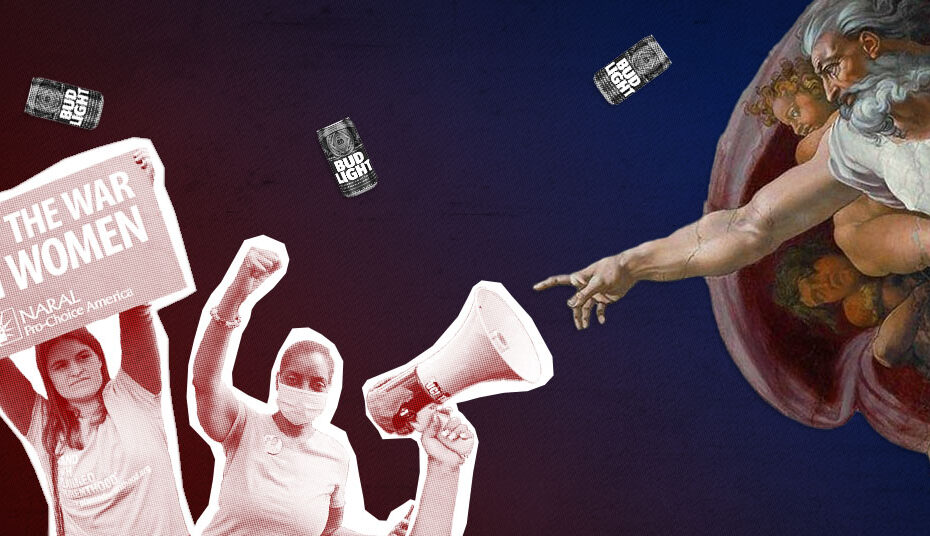By Judie Brown
Yours truly is one of those strange folks who studied Latin for four years, so I know a thing or two about this root language, including the fact that dei is the plural of deus—God. And the words Agnus Dei mean Lamb of God, a meaning far from the cultural concept of DEI (diversity, equity, and inclusion) being used in today’s cultural vocabulary.
So I was fascinated to learn that entrepreneur Elon Musk and talk show host Ben Shapiro have views of DEI similar to mine.
Shapiro recently said that DEI “suggests that all of society is a vast pyramid of group identity, and at the very top are the people who are successful, and that those people are exploiting everybody else. And we can tell who is successful by their group identity; not by their level of success, their group identity. It matches up incredibly, almost a Venn diagram with the circle of anti-Semitism.”
Musk then responded, “You should always be wary of any name [DEI] that sounds like it could come out of a George Orwell book.”
Musk has been a vocal critic of the DEI theory for some time. He recently tweeted, “Do you want to fly in an airplane where they prioritized DEI hiring over your safety? That is actually happening,”
If we stop and think about this latest fad in anti-life speak, we understand that what is at stake in the DEI framework is far more dangerous than a simple rhetorical game. In a recent article, Heritage Foundation research fellow Jay Greene wrote that DEI is used as “a departure from academic merit” and as “a weapon for organizational combat.”
The bottom line in the DEI master plan is really based on the flawed concept that a managed bureaucracy can eliminate racism and create equal rights among men, women, transgender folks, and others at the expense of respect for the human person. As one writer recently pointed out:
In their most benign forms, D.E.I. curricula seek to introduce students to “diverse perspectives” by means of being “more inclusive” of “diverse authors.” “Diverse” and “inclusive” sound harmless, but are code words for authors who are racial or sexual minorities. Their perspectives are taught to increase empathy for these groups and, in some cases, to point students toward political action to benefit them, not only in secular politics but the Church.
At this point, it would be helpful to apply simple logic to the three words themselves:
- Diversity is a word that calls our attention to the truth that each human being, created by God, is unique and unrepeatable.
- Equity suggests that every human being is equal to every other, and surely this is so when one thinks about the way God looks at each of us, His children.
- Inclusion is again part of God’s plan to see each individual as part of His family where with all our faults and human fragilities we are still included in His plan.
Thinking about DEI in those terms ties it all together, unlike the cultural version, which is designed to tear us apart and redefine us according to a political construct that places more emphasis on race, gender, and politics than it does on the unique value of each human being.
It is crystal clear, then, that as human beings we are made in the image of God, not in the image of a trumped-up categorical structure designed by the political ruling class.
